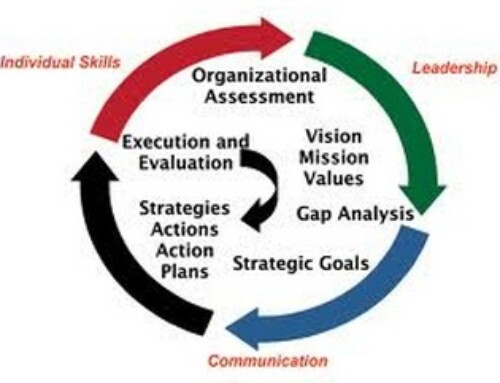 Homes.com recently put RESO Standards to the test.
Homes.com recently put RESO Standards to the test.
What is the real business value of RESO Data Standards? A new Homes.com Case Study shed some serious light on the subject. They have proven that moving to standardized data and the RESO Web API is saving them thousands of dollars in development time, allowing them to redeploy that energy to more innovative endeavors.
We hear often that “nobody” is asking to leverage RESO data standards in local MLS data feeds yet. This exciting news is going to change that.
Start-up companies like myTheo have already proven that launching new technologies with standardized data and leveraging the RESO Web API makes sense. They saved 40% in development in the first market where they tried it. You can check out a case study highlighting their successes here.
But what about established companies? They already have a patchwork quilt of RETS feeds in place. Legacy companies have already taken the time and laborious effort to map data from more than 700 disparate markets and data sources. Each of these sources have different data fields, making the process of normalizing MLS data across hundreds of markets very labor intensive and inefficient. Frankly, many have used their years of experience working with RETS-based data feeds as a competitive advantage.
Homes.com set out to test the premise that leveraging the RESO Web API was a more efficient, reliable and cost-effective way to go. Through their tests in 6 different MLS markets with a variety of technology expertise and RESO Certification levels, Homes.com was very encouraged to find that they saved over 90% in development time and costs by moving to the RESO Web API!
They also found out that they could implement the RESO Web API in as little as two hours per market or just $300! That means that a new innovative software company could offer their data-connected services in a market for well under $1000.
Download the RESO Case Study here to see why it’s time for you to evolve YOUR solution to the RESO Web API as well!





Leave A Comment